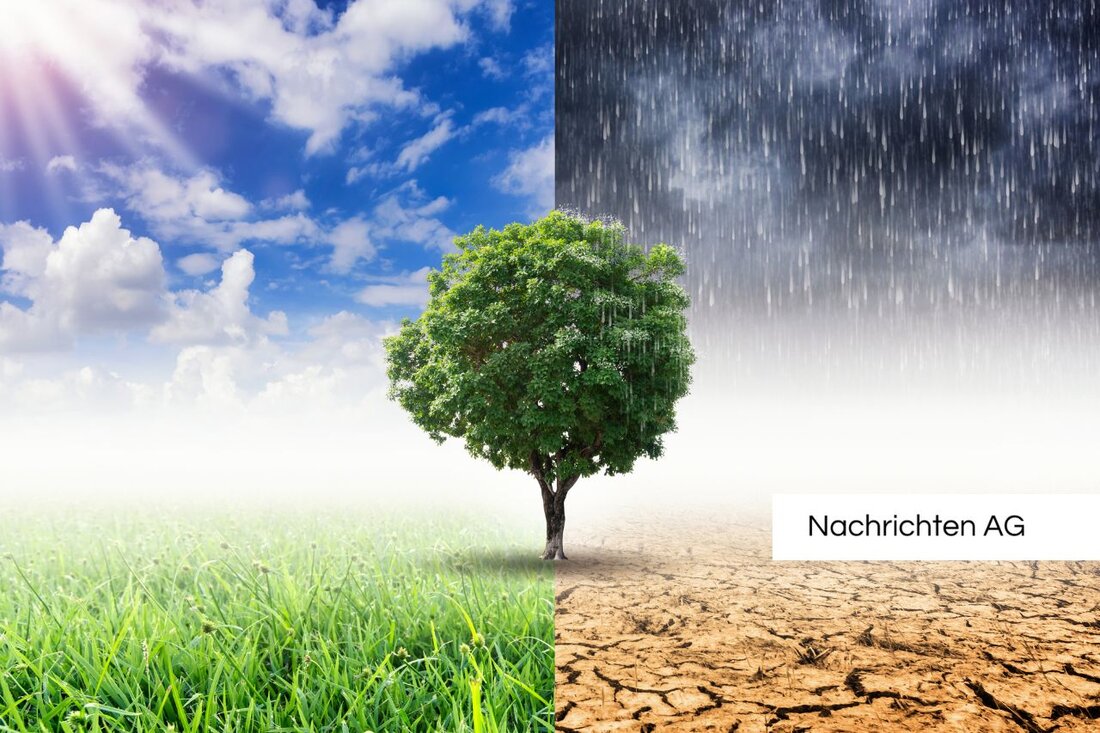Minister Martin enthusiastic about moor research in Greifswald!
On August 20, 2025, Minister Bettina Martin visited the University of Greifswald to support the special research center WETSCAPES 2.0.

Minister Martin enthusiastic about moor research in Greifswald!
On August 20, 2025, Bettina Martin, Minister for Science, Culture, Federal and European Affairs of Mecklenburg-Western Pomerania, visited the University of Greifswald as part of her summer tour 2025. During her visit, she found out about the WETSCAPES 2.0 research project, which deals with the processes in rewetted fens, and the important work of the Greifswald Moor Center (GMC).
Martin was impressed by the research work being carried out at the GMC. Innovative developments in the field of peatland science take place here, supported by a special research area that is funded by the German Research Foundation (DFG) with a funding volume of 10 million euros. This SFB is dedicated to researching the complex ecological and hydrological processes in fen landscapes. Prof. Dr. Jürgen Kreyling, spokesman for the SFB, emphasized the outstanding importance of moors for the climate balance in Mecklenburg-Western Pomerania and underlined the need to protect these ecosystems.
Research and education in the Greifswald Moor Center
Another impressive aspect of the GMC is the largest moor library in the world, recently relocated to the former Alte Chemie lecture hall and containing over 50,000 books. Prof. Dr. Hans Joosten, a central figure in peatland science, presented Martin with books that are directly related to her life. This illustrates the interdisciplinary and educational orientation of the center, which acts as an interface between science, politics and practice.
The GMC plays a central role in the development of sustainable usage concepts, particularly through the use of biomass from paludiculture. Examples of this include climate-friendly products such as shipping and transport boxes made from reed grass, a renewable raw material. These initiatives contribute to the goal of reversing the negative effects of drained peatlands and creating new, powerful ecosystems.
Martin expressed his wish to establish the Greifswald Moor Center in the long term and to anchor moor research in the coalition agreement at the federal level. She also found out about the ongoing discussions with the federal government to establish a non-university research institution in Greifswald. The exchange between scientific institutions, such as the University of Greifswald and the Succow Foundation, shows the potential for stronger networking and meaning-making in peatland research.
Moorland and nature conservation as a challenge for society as a whole
The protection and restoration of moors is of great importance not only in Mecklenburg-Western Pomerania, but also throughout Germany. According to the Federal Agency for Nature Conservation, natural moors are habitats for numerous specialized animal and plant species and are essential for carbon storage. Nevertheless, a large part of the former moors in Germany are not protected today and are used for agriculture and forestry. Degraded peatlands emit large amounts of carbon dioxide while simultaneously losing their ability to store water.
To address the challenges of climate change and biodiversity loss, various peatland protection initiatives have been launched, including the national peatland protection strategy and the Natural Climate Protection Action Program. In addition, alternative forms of agricultural use such as paludiculture are crucial to support renaturation projects and create economic incentives. The transfer of knowledge between research and society plays a central role here.
In conclusion, it should be noted that both the specific research work at the Greifswald Moor Center and the broader social initiatives and programs are essential to avert the ecological challenges posed by climate change. The integration of peatland protection measures can only be achieved effectively through collaboration between science, politics and the public.
For more information about the research initiatives and current advances in peatland science, please visit the website of the University of Greifswald, Greifswald Moor as well as Federal Agency for Nature Conservation.

 Suche
Suche
 Mein Konto
Mein Konto